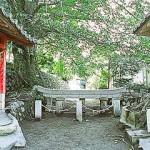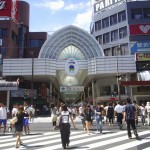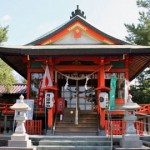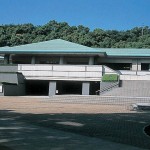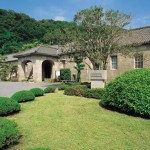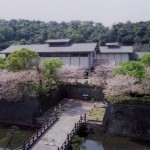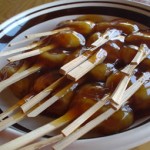Doyo Comes around Four Times in a Year
Origin of Doyo Doyo Events and Customs
Airing Clothes in The Doyo Period
Drying Plums in the Sun
The Third Day from The Start of Summer Doyo
Things You Should Not Do During the Doyo Period
Exception Days of Doyo
Wisdom of Ages Past ~ Apply the Wisdom in Your Life ~
Doyo Comes around Four Times in a Year
“Doyo Ushi-no Hi (土用丑の日 / Midsummer Day of the Ox)” is generally known as the day on which people eat eels in Japan. Although “Doyo (土用)” is a reminder of summer for many people, actually it comes around four times a year.
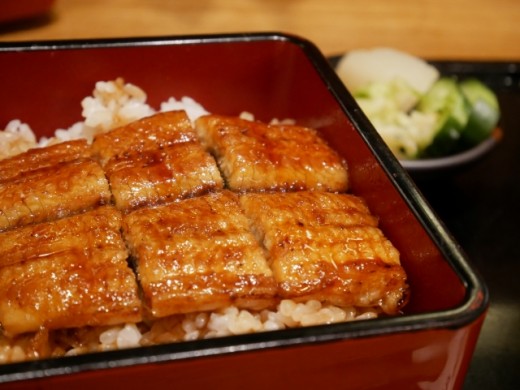
Doyo refers to the eighteen day period before the first day of Spring (立春/ Risshun, around the 4th of February), Summer (立夏 / Rikka, around the 5th of May), Autumn (立秋 / Risshu, around the 7th of August), and Winter (立冬 / Rittou, around the 7th of November).
Before the first day of Spring (Risshun) is called “Fuyu Doyo (冬土用)”, and it starts around the 17th of January. Before the first day of Summer (Rikka) is called “Haru Doyo (春土用)”, and it starts around the 17th of April. Before the first day of Autumn (Risshu) is called “Natsu Doyo (夏土用)”, and it starts around the 20th of July. Before the first day of Winter (Rittou) is called “Aki Doyo (秋土用)”, and it starts around the 20th of October.
*The doyo period differs from year to year. *Depending on the start day of doyo, the period may not be 18 days.
Doyo Period in 2023
Fuyu Doyo (Winter Doyo): January 17 (Tue) ~ February 3 (Fri), 2023<br>
Haru Doyo (Spring Doyo): April 17 (Mon) ~ May 5 (Fri), 2023<br>
Natsu Doyo (Summer Doyo): July 20 (Thu) ~ August 7 (Mon), 2023
Aki Doyo (Autumn Doyo): October 21 (Sat) ~ November 6 (Tue), 2023
Doyo Ushi-no Hi (Midsummer Day of the Ox) is Sunday, July 30 in 2023. Click here for the information about Midsummer Day of the Ox.
Origin of Doyo
Doyo is based on the Logic of Yin-Yang Wu-Xing thought, from China.
It considers the universe to consist of the five elements of wood, fire, earth, metal, and water. It also applies four seasons to the theory above; Spring has wood, Summer has fire, Autumn has metal, and winter has water qi, the energetic fluids in the atmosphere. And the qi of earth applies to the eighteen days before the first day of Spring, Summer, Autumn, and Winter.
In this theory, it was thought that the qi of earth becomes powerful, and people started to call this time “Do-o-Yoji (土旺用事)” which means the most powerful period of the qi of earth. Later, people started to call the period “Doyo”, short for “Do-o-Yoji”.
Doyo Events and Customs
Doyo lays on the change of seasons. Read about the events and customs which retain ancient wisdom.
Doyo-no Mushi-boshi
(土用の虫干し / Airing Clothes in The Doyo Period) Doyo of Summer comes around after the rainy season. It is the season in which things become damp and get moldy; also moths eat clothes.
In this season, people traditionally put clothes and books in the shade on the dry sunny days to let the air through them. Nowadays, we don’t need to do such time-consuming work because of air conditioners, but this custom has remained at some temples, and because of letting the air through the special buddha statues, some temples allow people to see the statues only during this period.
Doyo-boshi (土用干 / Drying Plums in the Sun)
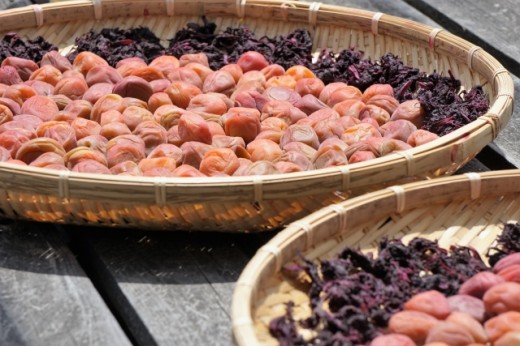
Japanese traditional pickled plums (umeboshi / 梅干し) are sold in any supermarket, but some people are still hand-making them despite the hard work. Drying plums in the sun is essential to make pickled plums. The sunshine provides a sterilizing method, and it preserves pickled plums for a long time. It also makes them soft, dyed redder from red shiso, and gives them a mild taste.
Plum drying occurs from the end of July to the beginning of August. It is around Summer Doyo.
Doyo Saburo
(土用三郎 / The Third Day from The Start of Summer Doyo) “Doyo Saburo” sounds like a man’s name, and nowadays not many Japanese people know this word.
It means the third day from the start of Summer doyo. In days gone by, people used to say that if it were fine on this day, the crop yield would be large. On the other hand, if it were rainy on the day, the crops would be bad.
There are other similar customs to it. Higan Taro, Hassen Jiro, and Kan-shiro. They mean the first day of Higan (The Vernal equinox), The second day of Hassen (49th、51st、52nd、54th、56th、57th、58th or 60th day of the sexagenary cycle), and the fourth day of Kan (The start of Midwinter). If these days are fine, the year will have a rich harvest.
Things You Should Not Do During the Doyo Period
Tsuchi-ugokashi (土動かし / Moving Soil)
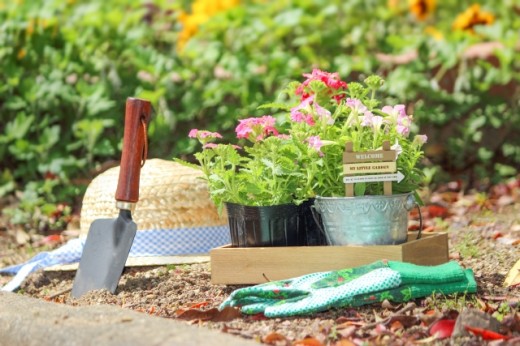
It It is said that Tu-gong-shen (Dokōjin / 土公神), the God of the soil and the ground is in the earth during the Doyo period, and it is also said that moving soil is prohibited during the period, because if you do so, the God gets angry.
Moving soil means farming, weeding, gardening, foundation work, building renovation, digging wells, and other actions connected with the soil. On the other hand, People say that if you have started these actions before the period, you can do it.
Something Nes (新しいこと)
It is also said that job change, employment, marriage, exchanging betrothal gifts, starting a business, opening a shop, and buying a new house are also prohibited.
Doyo periods are at the change of each season, and people tend to become sick around these periods. Because medical science was not developed old days, changing physical conditions would had been a trigger for a serious sickness.
That’s why the idea of not starting new things might have developed to let people have a rest during the periods of changing seasons.
Travel (旅行)
It could be the same reason as prohibited new things, it is said that traveling during the Doyo period is also not good.
Exception Days of Doyo (土用の間日)
Doyo comes four times (18 days each) in a year. It is too many days to have such taboos.
Nowadays, people are not worried about the period, or many people don’t know about the custom.
But, for people in the old days who used to live with nature and awed gods in nature, it was not impossible to ignore.
So, there are exception days during the periods. In those days, the God of the soil and the ground goes to heaven, so he is not in the earth that there is no problem moving soil.
The Exception Days of Doyo in 2023
The Winter Doyo
January 20 (Fri), 21 (Sat), 23 (Mon)
February 1 (Wed), 2 (Thu)
The Spring Doyo
April 17 (Mon), 18 (Tue), 21 (Fri), 29 (Sat), 30 (Sun)
May 3 (Wed)
The Summer Doyo
July 20 (Thu), 21 (Fri), 25 (Tue)
August 1 (Tue), 2 (Wed), 6 (Sun)
The Autumn Doyo
October 28 (Sat), 30 (Mon)
November 1 (Wed)
Wisdom of Ages Past ~ Apply the Wisdom in Your Life ~
Nowadays, Doyo is combined eating eels. But, since we find out about the custom, it is a custom connected with old life and wisdom. We could use the wisdom to realize that the periods are the season we tend to get tired and take care of ourselves. And remember to get the wind through into your closed. Stay healthy!
Category : Japanese Culture , text @en
Tag : 24 divisions of the solar year , 24sekki , corona virus , COVID-19 , COVID19 , Emergency , Japanese culture , season , tanabata , The coronavirus , 日本の文化




